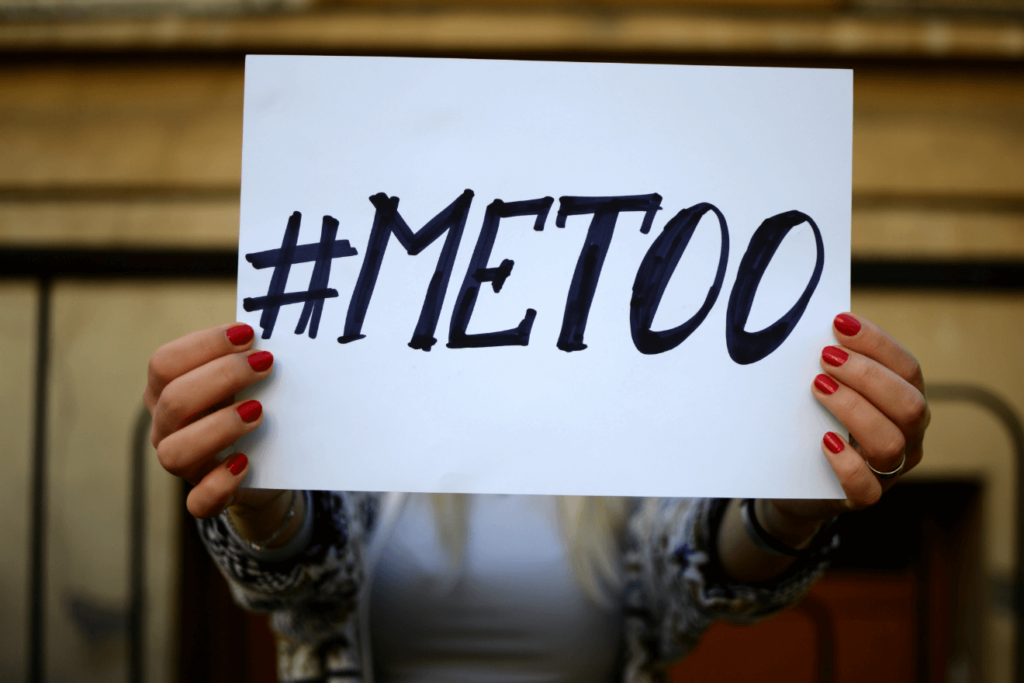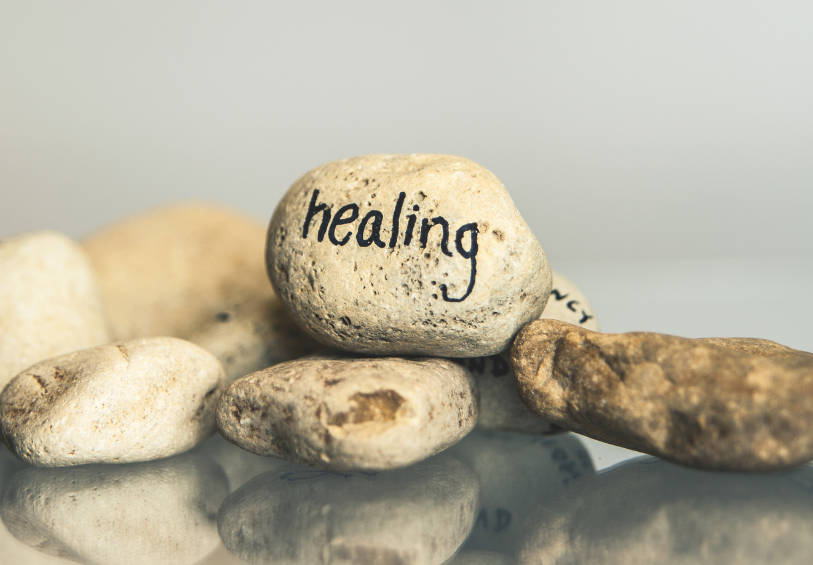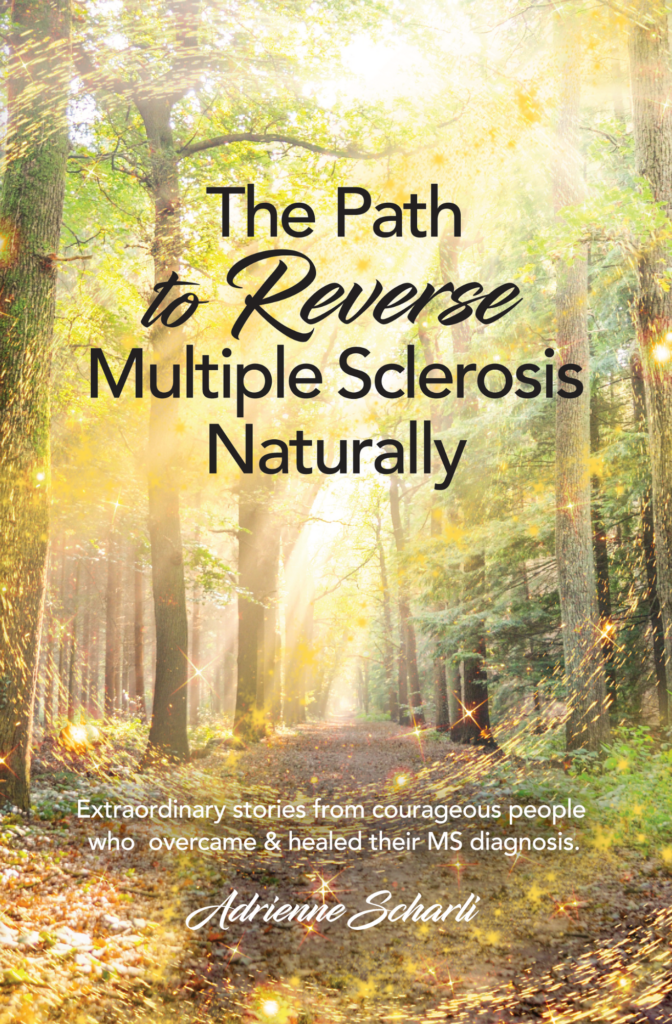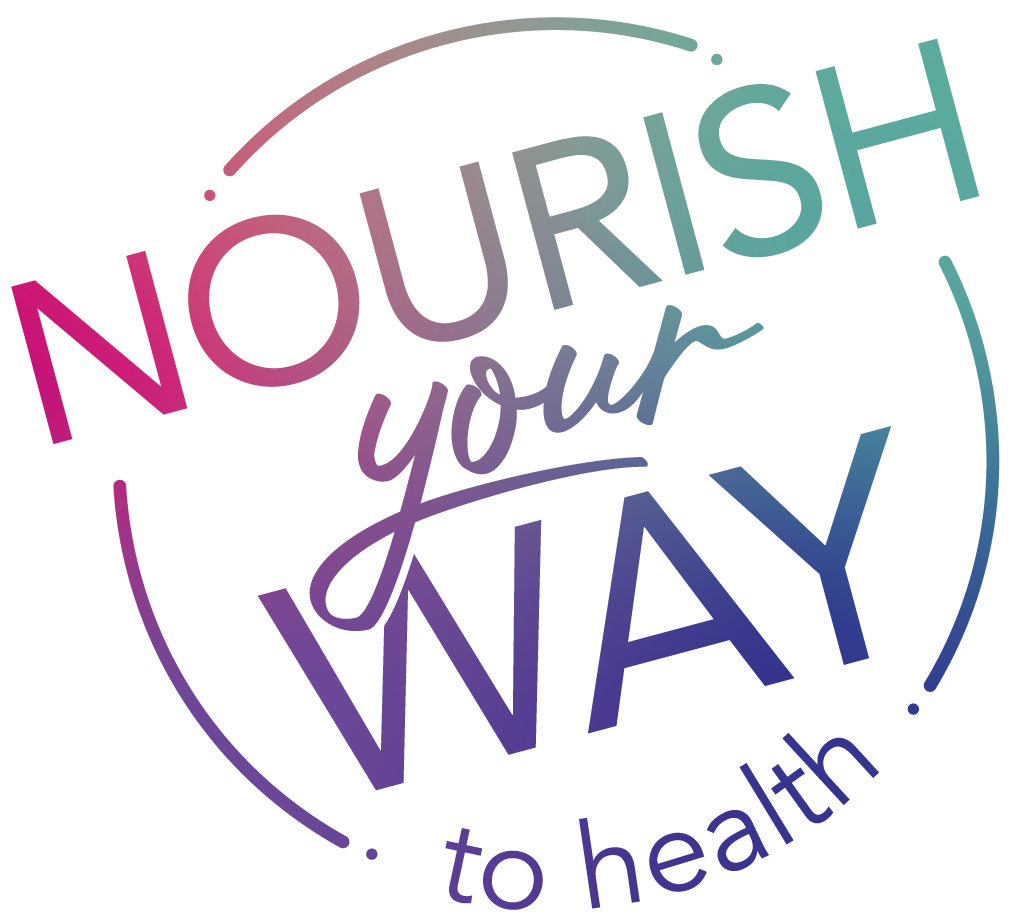
What is trauma?
Trauma is an emotional response that lasts long after an event occurs that causes significant mental and physical stress. Just like a physical scar from a deep cut takes time to heal, recovery from trauma is possible with time and treatment. It’s important to remember that ignoring or avoiding symptoms of trauma isn’t a healthy coping response—in fact, avoiding symptoms can make things worse. Eight million adults suffer from PTSD (post-traumatic stress disorder) in a given year.
Trauma has no boundaries regarding age, gender, socioeconomic status, race, ethnicity, or sexual orientation. Trauma is a common experience for adults and children in American communities, and it is especially common in the lives of people with mental and substance use disorders. For this reason, the need to address trauma is increasingly seen as an important part of effective behavioral health care and an integral part of the healing and recovery process.
Trauma can get trapped in your body
This is something I have learned about in the last couple of years. For the most part, people have lived through some sort of trauma in their lives. Depending on how big of an impact it had on you, it can get trapped in your body and can cause illness, depression, anxiety, fatigue, nightmares, and a host of other negative elements.
Indeed, stress and anxiety symptoms can affect your body, your thoughts and feelings, and your behavior. Being able to recognize common stress symptoms can help you manage them. Stress that’s left unchecked can contribute to many health problems, such as high blood pressure, obesity, depression, and of course, autoimmune disorders such as multiple sclerosis.

Three Types of Trauma
- Acute trauma results from a single incident.
- Chronic trauma is repeated and prolonged, such as domestic violence or abuse.
- Complex trauma is exposure to varied and multiple traumatic events, often of an invasive, interpersonal nature.
A traumatic event may be large, small or a series of reoccurring events. Here are some sources of trauma:
Larger trauma (or big-T) events:
- Natural disasters
- Violent attacks or accidents
- Military combat
- Sexual assault
- Physical abuse
Smaller trauma (or little-t) events:
- Loss of a pet
- A breakup or divorce
- Having to suddenly move or relocate
- Financial or legal troubles
- Job loss
- Bullying
An event, like bullying, may not affect one person very much, but for another person, it can be enormously consequential. It may belong in the larger trauma events section for a particular person depending on the abuse and how one person experiences the trauma. It also could be a case when the abuse went on for years. Or as in the case of chronic trauma, maybe repeated incidents occurred over an extended period of time.

What are the effects of trauma?
How do different types of trauma affect you? Trauma can come from many avenues.
Military or Any Kind of Violent PTSD
PTSD is a very common condition for many veterans after military service. PTSD, sometimes known as shell shock or combat stress, occurs after someone experiences severe trauma or a life-threatening event. It’s normal for a person to experience mental and physical shock after such an event, but this normal response becomes PTSD when their nervous system gets “stuck.” Symptoms can include disturbing thoughts, feelings, or dreams related to the events, mental or physical distress, difficulty sleeping, and changes in how someone thinks and feels.
Symptoms of Military PTSD include the following:
- Recurrent, intrusive reminders of the traumatic event
- Extreme avoidance of things that remind the person of the traumatic event
- Negative changes in thoughts or mood
- Being on guard all the time; jumpy and emotionally reactive
Childhood and Parental Trauma
Childhood trauma can stem from physical abuse, verbal abuse, or neglect, but it could also result from witnessing abuse, being in an accident at a young age, or growing up in a stressful home environment.
In general, when trauma happens at an earlier age, it tends to have more of an impact. If someone experiences childhood trauma, it’s likely to affect them into their adult years. But it’s possible to address the trauma early on—if the warning signs are noticed in time. The way that childhood trauma tends to manifest into adulthood is a profound sense of shame and guilt. Along with that, childhood trauma may also lead to the following symptoms:
- Low self-esteem
- Tendency to engage in risky behaviors
- Addiction
- Anxiety
- Learning disabilities

Sexual Trauma
Sexual assault is likely the first type of sexual trauma that comes to mind. Additionally, any exposure to sexually inappropriate, harmful, or violent behavior can cause sexual trauma. Sexual trauma frequently occurs when a person doesn’t (or can’t) give informed consent to a sexual act.
As with other forms of trauma, it’s common for sexual trauma to cause PTSD, which can manifest in a person’s life as nightmares, anxiety-boosting triggers, and memory loss. In addition, victims of sexual trauma may have difficulty going to the doctor’s office, seeing a gynecologist, and having personal-types of exams. Someone’s ability to heal from sexual trauma will vary depending on whether it was a single event or ongoing, as well as the victim’s age when the trauma occurred.
Another note about sexual trauma is that in some cases, it can overlap with childhood trauma. This can lead to a tendency for certain behaviors to appear later in life, including the following:
- Risky sexual behaviors
- Eating disorders
- Substance abuse disorders
- Relationship trauma
Unhealthy relationships can also cause trauma, especially if the relationship is abusive (either physical or emotional abuse).
Relationship Trauma
This can result from romantic relationships where a significant other didn’t respect someone’s boundaries or an on-and-off relationship that left someone feeling drained and confused. For example, someone could be involved in a relationship where the dynamic is very manipulative. Or maybe there were episodes of betrayal of trust. Relationship trauma can affect a person’s sense of self-worth, which may bleed into future romantic relationships. Some may respond to relationship trauma by isolating themselves from other relationships. Others have the opposite reaction, which is to jump from relationship to relationship in order to avoid being alone.
Religious Trauma
Community is one of the main ways we connect with others—both in childhood and in adulthood—and religious groups are a common place to find community. But similar to relationship trauma, trauma can occur if trusted people (such as a church community) become manipulative, toxic, or abusive. In a religious setting, a certain belief system can be used as a form of shaming as well.
Religious trauma can come when a person wants to leave a certain set of beliefs or practices, or a religious figure or group that makes a person feel manipulated or controlled in some way. Trauma like this can be especially complicated because it affects who the victim trusts and confides in. If you’re someone who survived the trauma of a cult or a toxic religious setting, you may be hesitant to connect with others and find a new community.

How to Heal from Trauma
There are tools available that can help you process your trauma, find peace, and not let it take over your life. This doesn’t mean you can “just get over” your trauma. Instead, it means facing it head-on, being kind to yourself and forging a new path.
Maybe you’re already aware of your trauma and want to take the next step. Or maybe you’re having trouble figuring out the cause of the trauma that’s manifesting in your everyday life. In both cases, a trauma-informed therapist will be your best ally in the healing process.
The most important step is to establish a really safe therapeutic alliance before you open up about all the details of your trauma. This often means that your therapist should let you establish certain boundaries, whether these are the topics of conversation you are willing to discuss or certain trigger words.
It’s also important that your therapist be informed not only on how to build trust, but also on what tools can help you work through your trauma safely and efficiently.
Try Guided Meditation
If you suffer from trauma, your brain may constantly be bombarded by unpleasant memories—meditation and mindfulness can be a healing practice. A guided meditation can help ease you into the practice. There are many apps and videos on the web that can help you slowly bathe yourself in this peaceful and calming practice.
Practice Self-Care
In your head, there may be two actors running the show: you and your trauma. So if you are suffering from trauma that causes you to be unkind or harmful to yourself, it’s important to work against it. Self-care can be an empowering way to make time for yourself—your inner child or simply your past self—who has endured the trauma.
Activities like yoga or exercise have been shown to be beneficial in healing from (or at least alleviating) the effects of trauma. Engaging in hobbies you’re interested in—such as painting, boxing, a dance class—or just going for daily walks can be part of self-care. These are not cure-alls, but something—anything—that brings joy into your life can help you realize you can be a source of healing.
Much of this information is in my book “The Path to Reverse Multiple Sclerosis”. You can find it on Amazon.

Thank you for reading.
Adrienne
xo
